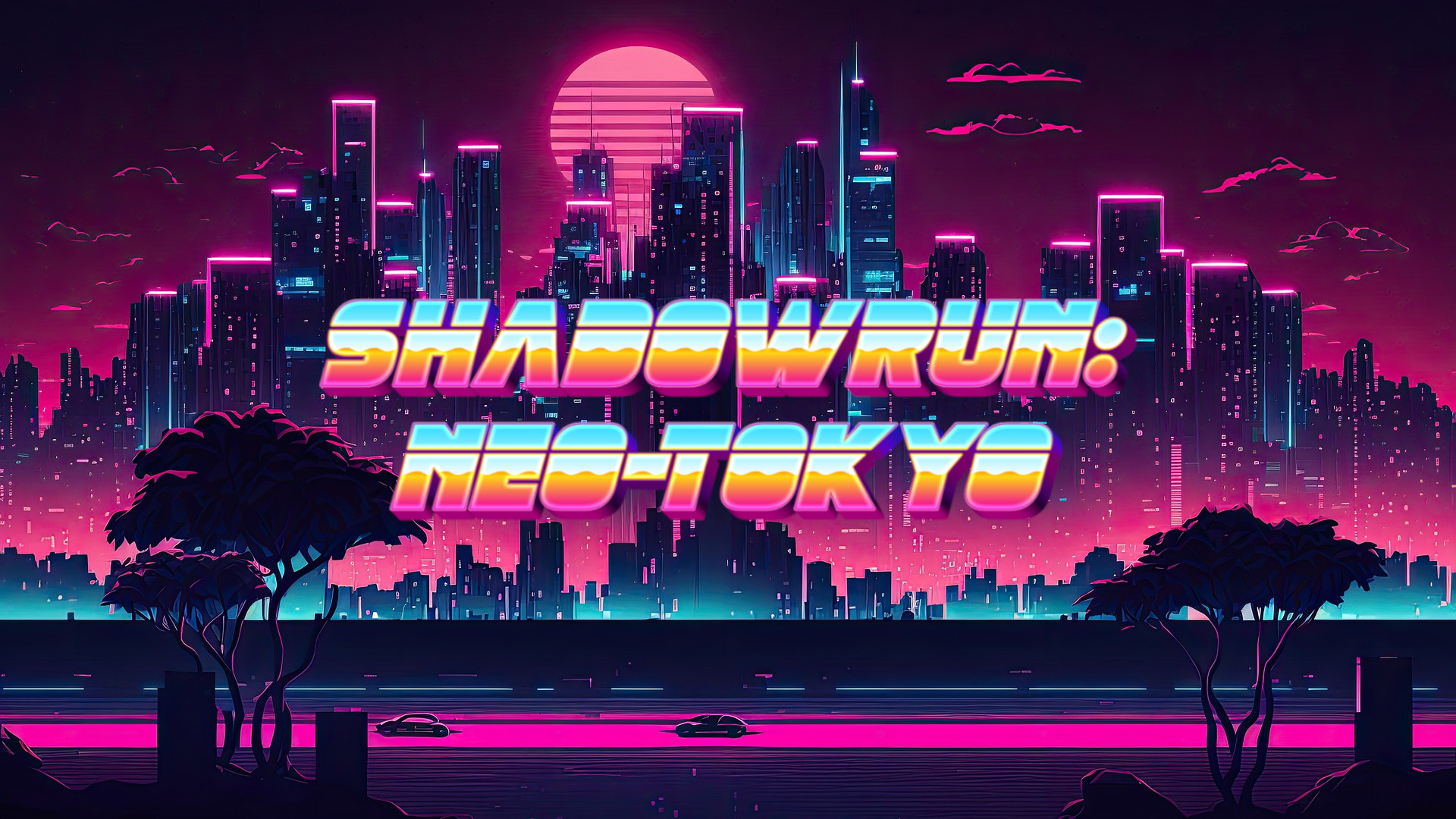Neo-Tokyo Zoku
Neo-Tokyo’s cultural paradigm doesn’t typically lend itself to
the North American/European gang model. What it has instead is
a social grouping system the media likes to call zoku (tribes), which
is more like a given subculture within the greater Japanese ethnic
macrocosm. People drift into the zoku that match their interests,
often joining associations and organizations associated with those
zoku—such as trend tribes linked to various fashion-zoku. When
people talk about gangs in Neo-Tokyo, what they really mean is
one of these zoku groups, often the most clannish and criminalminded ones.
Most of Neo-Tokyo’s gangs start out in schools, but there are clubs and fraternal organizations and associations at every level of society. Formal or informal, they all share a similar hierarchy: it is the duty of younger members to respect and obey older members (those who have seniority), and the older members are in turn obligated to aid and protect the younger members. Some groups work under more democratic paradigms, but the quasi-feudal duty/obligation relationship is integral to most gangs.
Most of Neo-Tokyo’s gangs start out in schools, but there are clubs and fraternal organizations and associations at every level of society. Formal or informal, they all share a similar hierarchy: it is the duty of younger members to respect and obey older members (those who have seniority), and the older members are in turn obligated to aid and protect the younger members. Some groups work under more democratic paradigms, but the quasi-feudal duty/obligation relationship is integral to most gangs.
What it means is, if you’ve been a loyal and respectful member of a gang or society, they will feel obligated to come to your aid (provided you haven’t done anything to shame the group). There are exceptions, but they get a very bad reputation very quickly.People spend lifetimes analyzing and cataloguing the zoku, so I’m just going to touch on some of the most prominent zoku that are most likely to impact the shadowy side of life and give a few groups associated with that zoku that you’re likely to run into on the streets.
Subsidiary Organizations



Comments